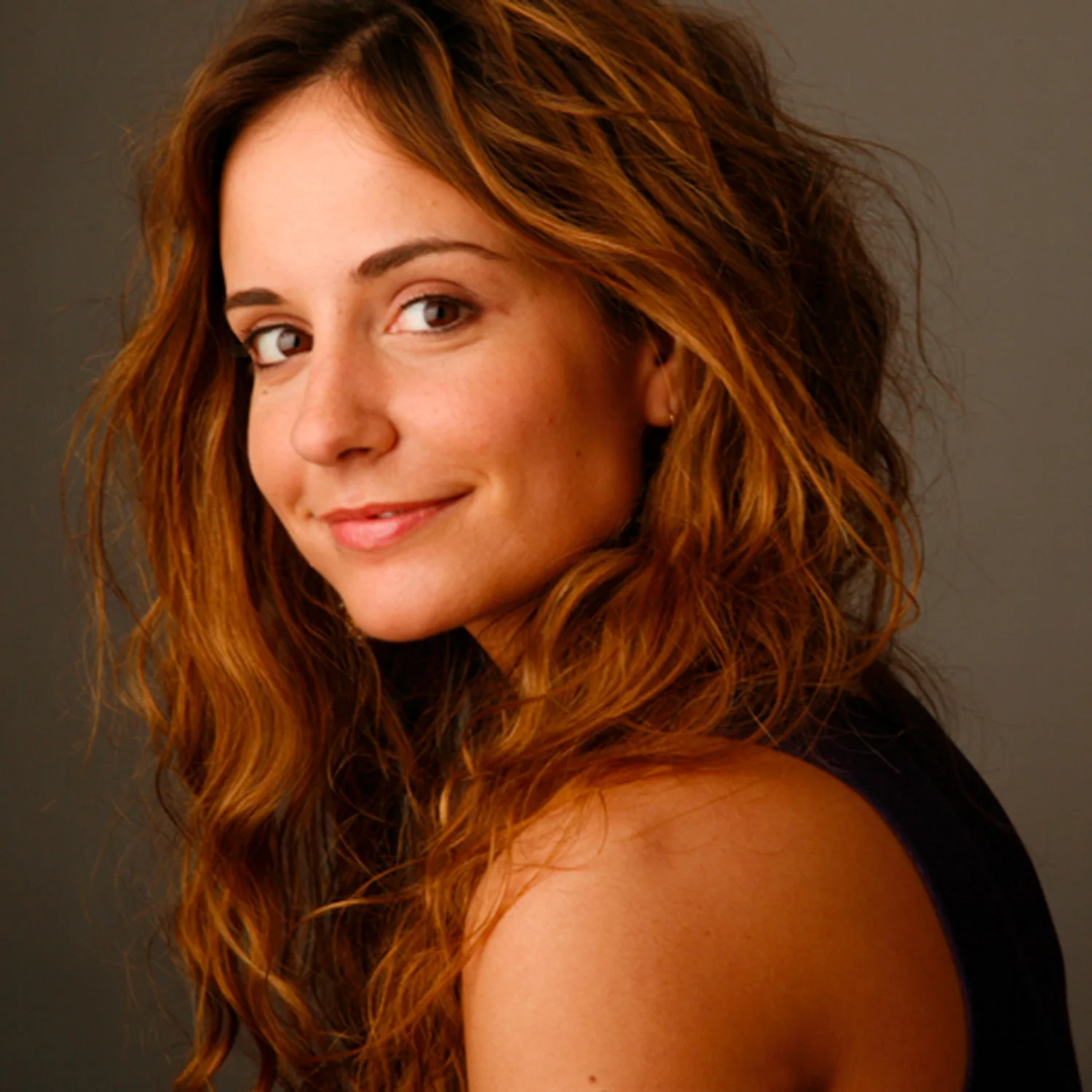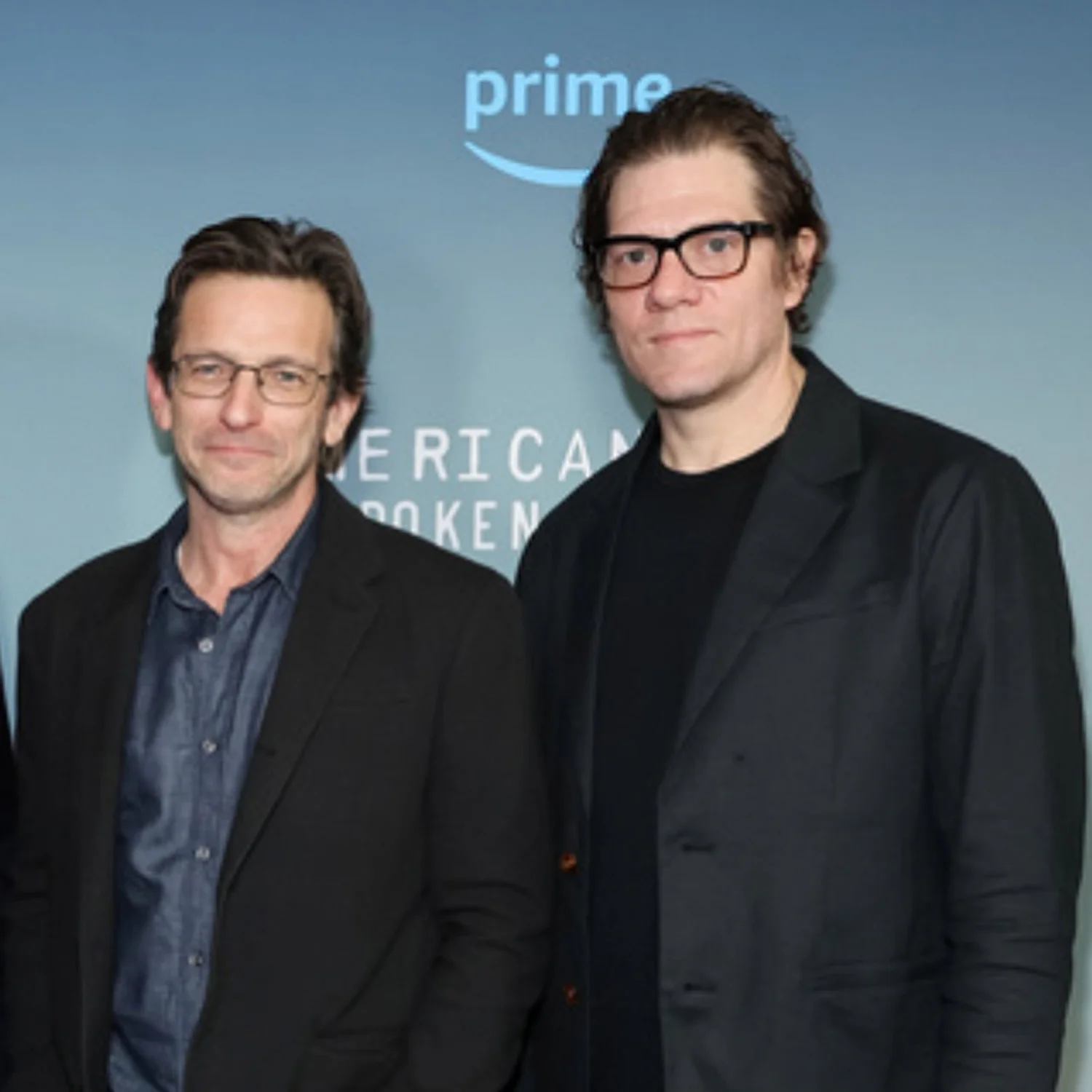What Does It Mean to Live a Good Life? Filmmakers, Writers, Visionaries & Educators Share their Stories
Description
What does it mean to live a good life? How can the arts help us learn to speak the language of the Earth and cultivate our intuitive intelligence? What is the power of mentorship for forging character and creative vision? How can we hold onto our cultural heritage and traditions, while preparing students for the needs of the 21st century?
Alan Poul (Emmy & Golden Globe-winning Executive Producer · Director · Six Feet Under · Tales of the City · Tokyo Vice · My So-Called Life) shares his personal journey and the importance of mentorship in shaping one's creative path. He discusses his experiences with influential figures such as Stephen Sondheim, Paul Schrader, and Robert Wilson, emphasizing the value of learning from those you admire.
Rupert Sheldrake (Biologist · Author of The Science Delusion · The Presence of the Past · Ways to Go Beyond and Why They Work) explores the significance of cultural and religious traditions in education. He argues that knowing the open questions in science, integrating arts, and learning by heart are crucial for a well-rounded education.
Jericho Brown (Pulitzer Prize-winning Poet · Director of Creative Writing Program at Emory University · Author of The Tradition · The New Testament) emphasizes the power and agency that young writers have to create change. He encourages persistence and the importance of trying, despite the fear of failure.
Sy Montgomery (Naturalist · Author of The Soul of an Octopus · The Hawk’s Way · Of Time and Turtles: Mending the World, Shell by Shattered Shell) reflects on how animals have been her mentors and teachers. From her Scottish Terrier, Molly, to wild emus in Australia, she shares how her interactions with animals have guided her career and life choices.
Manuela Lucá-Dazio (Exec. Director of the Pritzker Architecture Prize · Fmr. Exec. Director of Venice Biennale · Dept. of Visual Arts & Architecture) discusses the necessity of reconnecting with cultural heritage and expanding educational tools. She advocates for a more imaginative approach to integrating different fields of knowledge and teaching methods.
Jeffrey D. Sachs (Economist · President of UN Sustainable Development Solutions Network · Director of Center for Sustainable Development · Columbia University) highlights the global consensus on Sustainable Development Goals (SDGs) and the critical importance of education. He specifically advocates for SDG 4, which focuses on inclusive and equitable quality education for all.
Todd B. Kashdan (Psychologist · APA Award-winning Author of The Art of Insubordination: How to Dissent and Defy Effectively · Curious? · The Upside of Your Dark Side · Leading Authority on Well-being, Curiosity, Courage & Resilience) analyzes the shortcomings of the current education system. He stresses the need to teach critical thinking and develop superior information-gathering strategies.
Tiokasin Ghosthorse (Founder · Host · Exec. Director of First Voices Radio · Founder of Akantu Intelligence · Master Musician of the Ancient Lakota Flute) offers a unique perspective on our connection to the Earth. He delves into Indigenous wisdom about living in harmony with nature, our ancestors, and recognizing the timeless energy around us.
Erland Cooper (Songwriter · Producer · Multi-instrumentalist · Composer of Folded Landscapes) reminisces about his upbringing surrounded by nature and traditional folk music. He shares how these elements have influenced his work and creative process.
Peter Singer (Philosopher · Author of Animal Liberation · Founder of The Life You Can Save) examines the core philosophical questions about living a good life. He discusses the principles of Effective Altruism and the importance of using our resources wisely to make the world a better place.
To hear more from each guest, listen to their full interviews.
www.creativeprocess.info
www.oneplanetpodcast.org
IG www.instagram.com/creativeprocesspodcast
























